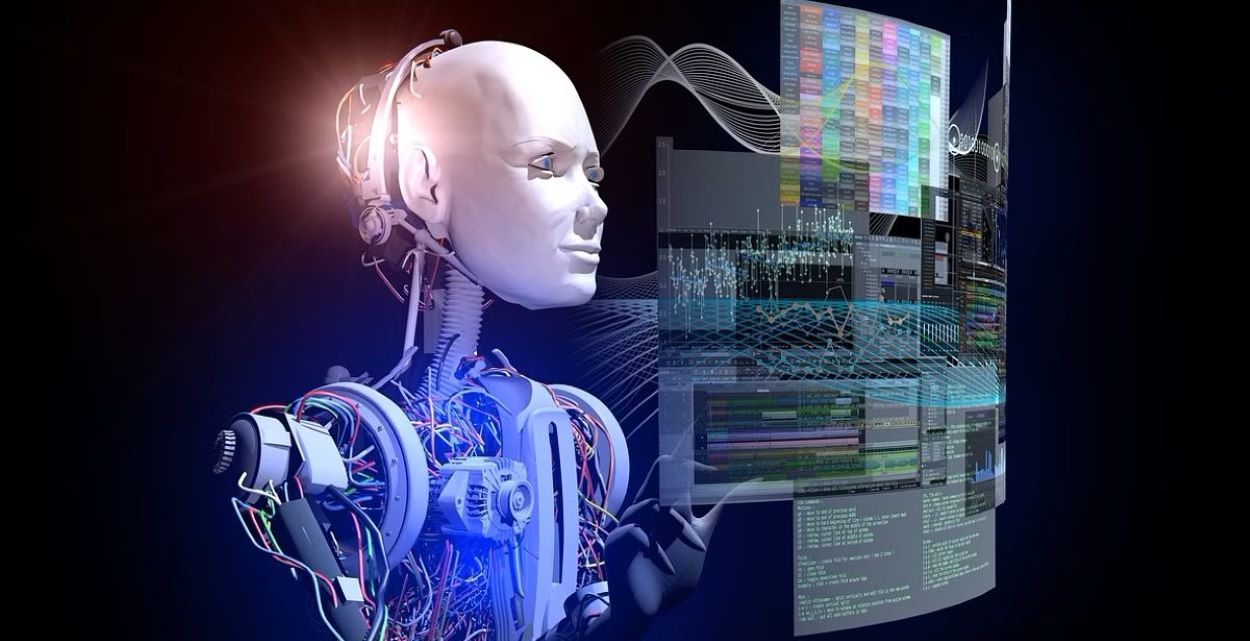The UK Supreme Court unanimously decided against US computer scientist Stephen Thaler’s appeal for patent rights for his AI system, DABUS. Thaler sought to obtain patents in the UK for inventions he created for his artificial intelligence system.
The Intellectual Property Office had previously denied Thaler’s request, citing UK patent law’s stipulation that an inventor must be a natural person.
The Supreme Court’s ruling clarified that the case did not delve into broader issues of patentability for machine-generated technical advances by AI. Justice David Kitchin noted that the case did not address whether the term ‘inventor’ should include AI-powered machines.
Thaler’s legal team argued that this judgment underscores the limitations of current UK patent laws in protecting AI-generated inventions. This ruling follows a similar denial Thaler experienced in the United States, where the Supreme Court declined to review a decision by the US Patent and Trademark Office regarding AI-generated patents.
Giles Parsons, a partner at Browne Jacobson, expressed that the decision was expected, as AI is currently regarded more as a tool than an independent entity in the context of patents. However, he suggested that there might be changes in how AI is perceived in the patent system in the medium term, reflecting the evolving role of AI technology.





